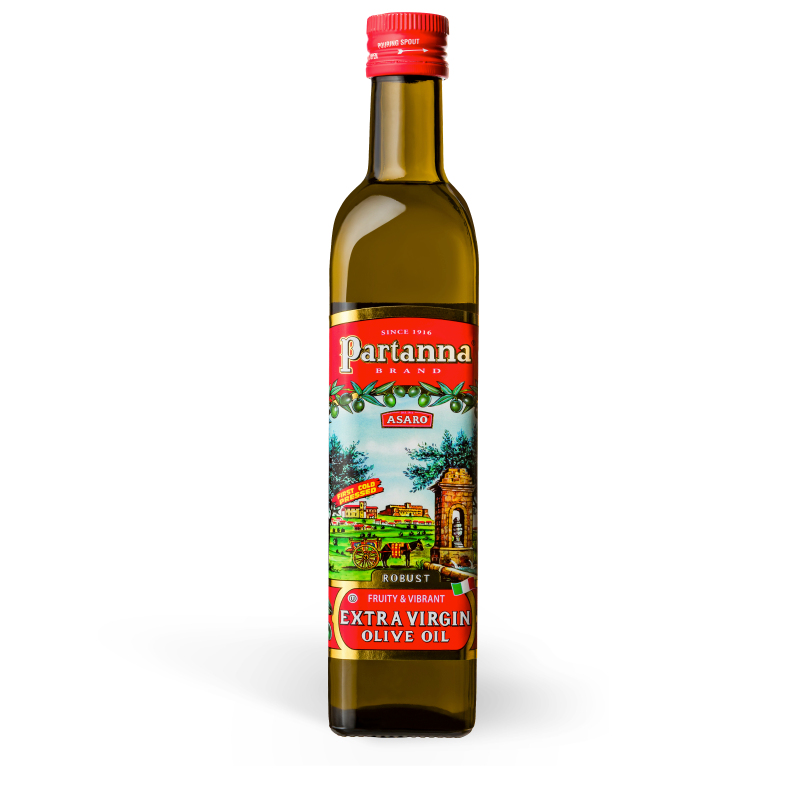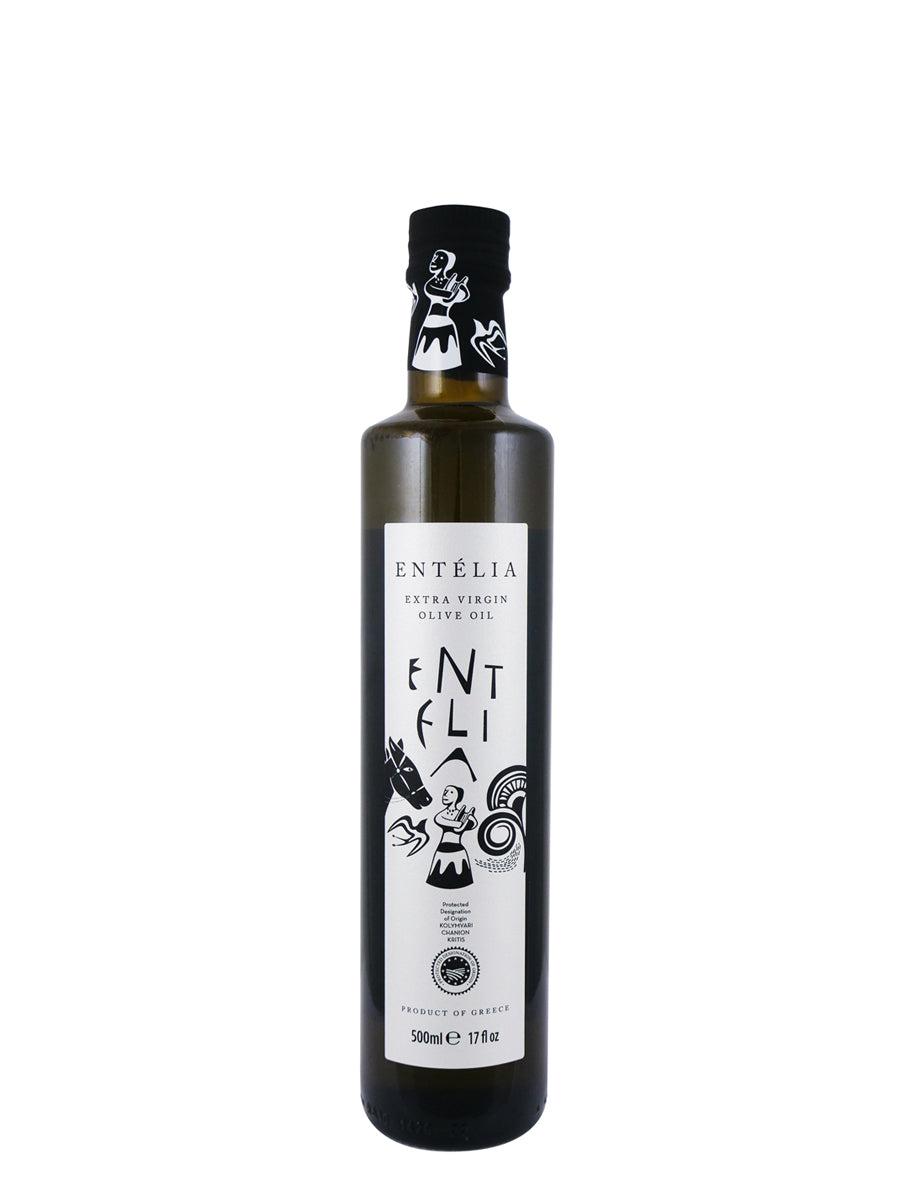Extra Virgin Olive Oil Benefits: A Simple Addition to Boost Your Immune System
Extra Virgin Olive Oil Benefits: A Simple Addition to Boost Your Immune System
Blog Article
Discovering the Different Sorts Of Olive Oil and Their Usages, Consisting Of Additional Virgin Olive Oil
The expedition of olive oil encompasses a diverse array of types, each offering distinctive flavors and culinary applications. Additional virgin olive oil, renowned for its superior high quality and health benefits, offers as a staple in several kitchens, yet it is only one aspect of this diverse active ingredient.
What Is Olive Oil?
Stemmed from the fruit of the olive tree, olive oil is a staple in Mediterranean cuisine and a key ingredient in different cooking applications. This versatile oil is produced by pressing entire olives, resulting in a liquid that differs in taste, shade, and fragrance relying on the sort of olives used, the region of growing, and the removal process. Olive oil is primarily made up of monounsaturated fats, especially oleic acid, which is recognized for its possible wellness advantages, consisting of anti-inflammatory residential or commercial properties and cardiovascular support.
Along with its culinary uses, olive oil has a long background of application in conventional medication and skin care, owing to its abundant antioxidant material (extra virgin olive oil benefits). The oil is commonly utilized in dressings, sauces, and for cooking approaches such as sautéing and roasting. Its distinctive taste profile can improve the taste of different meals, making it a necessary active ingredient for both home chefs and expert chefs
Additionally, olive oil is celebrated for its function in the Mediterranean diet, which is associated with numerous wellness advantages. As understanding of these advantages grows, olive oil remains to get popularity worldwide as a basic element of a healthy lifestyle.
Kinds Of Olive Oil
Recognizing the different sorts of olive oil is necessary for both health-conscious consumers and culinary enthusiasts. Olive oil is identified mostly based on its removal technique and quality, which dramatically impacts its health, taste, and scent advantages.

Light olive oil, despite its name, refers to a lighter flavor and not reduced calories. It is excellent for those looking for a much more subtle preference in sauces and dressings. In addition, there are flavored olive oils infused with natural herbs, flavors, or citrus, which can enhance recipes without the demand for additional seasoning.
Each kind of olive oil serves details culinary purposes, and recognizing these differences allows customers to make educated choices that straighten with their cooking designs and health and wellness objectives.
Bonus Virgin Olive Oil
Bonus virgin olive oil (EVOO) is commonly considered as the finest olive oil readily available, popular for its abundant taste and countless health benefits. To be identified as extra virgin, the oil must be generated from fresh olives making use of mechanical procedures, without making use of solvents or extreme warm. This thorough approach protects the oil's natural tastes, anti-oxidants, and healthy fats, causing an item with a reduced level of acidity level of less than 0.8%.
EVOO is abundant in monounsaturated fats, specifically oleic acid, which is linked to lowered inflammation and enhanced heart health. It additionally consists of polyphenols, effective antioxidants that might provide protective impacts against persistent illness. The taste account of EVOO can vary significantly depending on the olive selection and area of production, ranging from fruity and grassy to durable and sharp.

Culinary Use Olive Oil

In food preparation, olive oil can be used for sautéing, toasting, and grilling, providing a much healthier alternative to butter or other fats. Its high smoke point makes it ideal for numerous cooking techniques, while its anti-oxidants add to a heart-healthy diet plan. Showering olive oil over ended up dishes, such as pasta, fish, or grilled veggies, can raise flavors and include a touch of sophistication.
Furthermore, olive oil plays a substantial role in cooking, where it can change typical fats in recipes for bread and breads, imparting moisture and a subtle taste. It also functions as a base for instilled oils, allowing cooks to try out tastes such as garlic, herbs, or chili, even more broadening its cooking possibility. Overall, olive oil's versatility makes it important in both home and specialist cooking areas.
Choosing High Quality Olive Oil
When picking high quality olive oil, it's important to take into consideration a number of key aspects that affect the product's flavor, wellness, and aroma benefits. Choose for extra virgin olive oil (EVOO), which is obtained from the very first chilly pushing of olives and includes the highest possible levels of antioxidants and valuable substances. Try to find oils that are certified by acknowledged companies, as this frequently makes sure adherence to rigorous quality requirements.
The product packaging also plays a significant function in protecting the oil's honesty. Choose oils saved in dark glass bottles or tins to safeguard against light deterioration. Take notice of the harvest date; this website fresher oils offer exceptional taste and nutritional worth, so select products that are within 18 months of their harvest.
Be mindful of the taste; a great high quality olive oil ought to have a balance of fruity, bitter, and sharp notes, showing its splendor and intricacy. By reviewing these other factors, you can guarantee you are picking the finest olive oil for your culinary needs.
Verdict
In recap, the exploration of various kinds of olive oil discloses distinctive features and applications, with additional virgin olive oil representing the peak of high quality because of its low level of acidity and high antioxidant material. Its flexibility in culinary usages improves tastes in dressings, marinates, and drizzles. Recognizing the various varieties of olive oil permits for notified choices in food preparation techniques, promoting much healthier practices while improving the general gastronomic experience. Quality selection stays important for optimum advantages.
Obtained from the fruit of the olive tree, olive oil is a staple in Mediterranean cuisine and an essential active ingredient in various cooking applications.The most usual types of olive oil consist of refined olive oil, pure olive oil, and light olive oil.Extra virgin olive oil (EVOO) is commonly regarded as the greatest top quality olive oil available, well known for its abundant taste and countless wellness benefits. Opt for added virgin olive oil (EVOO), which is derived from the initial cool pressing of olives and includes the highest possible degrees of antioxidants and advantageous substances.In recap, the exploration of various kinds of olive oil discloses unique characteristics and applications, with additional virgin olive oil representing the pinnacle of quality due to its reduced level of acidity and high antioxidant web content.
Report this page